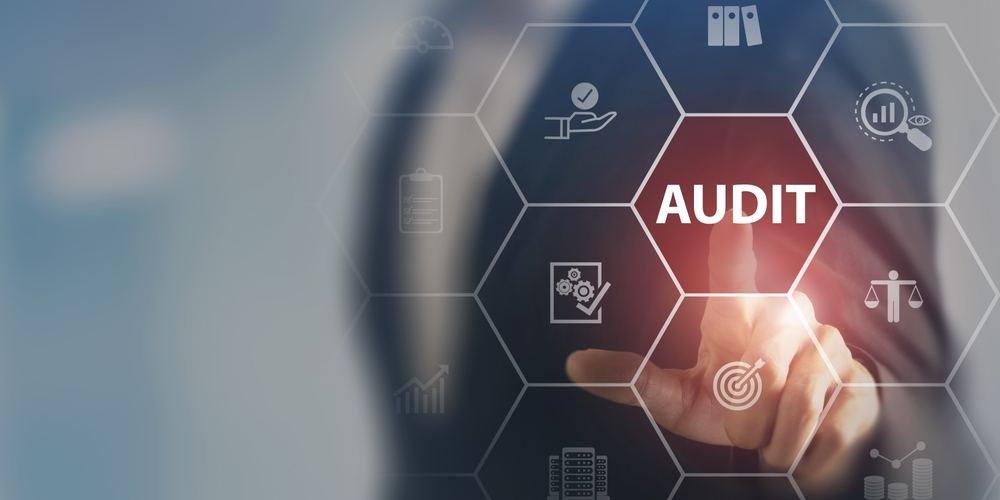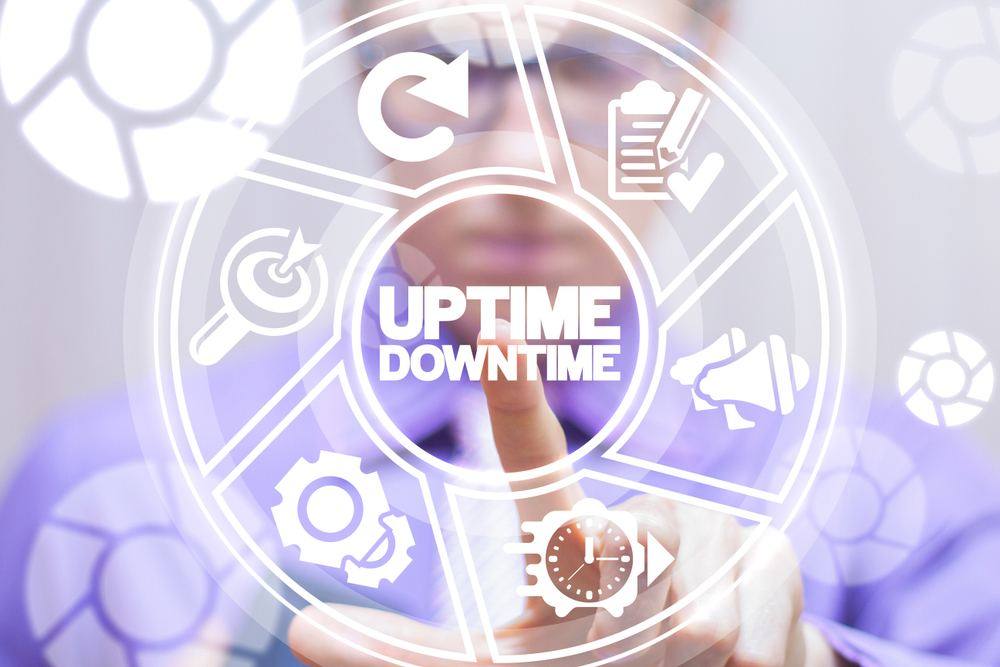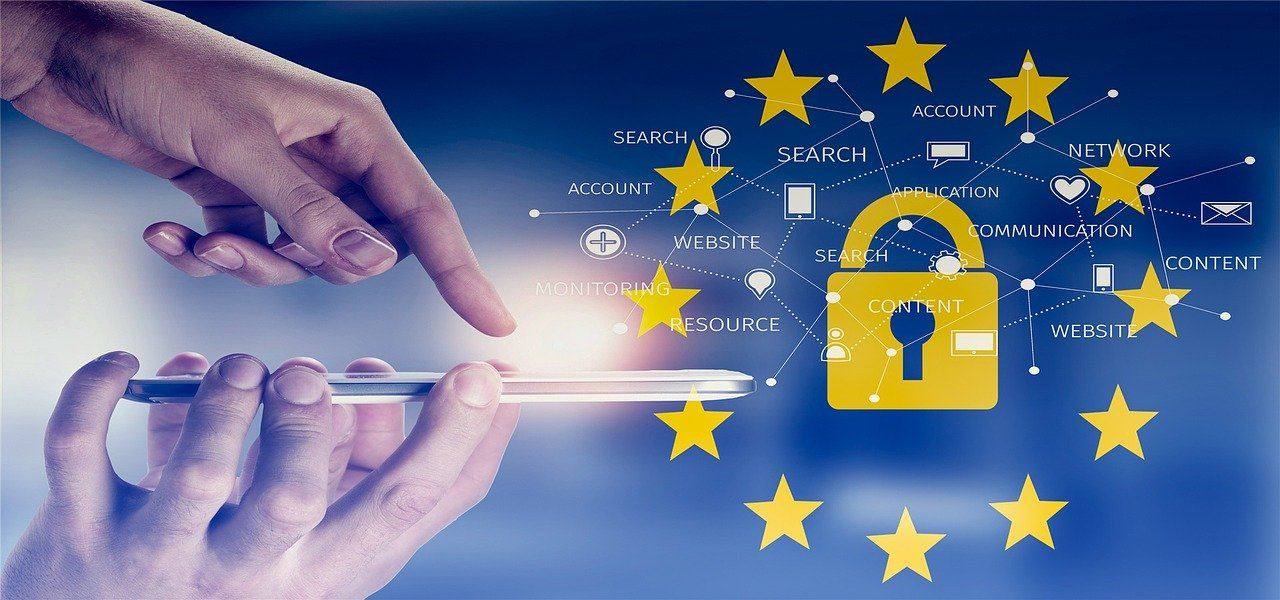What Does An IT Audit Involve?

An IT audit involves conducting a comprehensive assessment of your company’s information technology systems. This includes your business infrastructure, policies, and practices.
When an IT audit is conducted by an experienced IT support team, the primary purpose is to evaluate the effectiveness of your IT network together with the security and compliance of your entire IT environment.
IT audits help identify vulnerabilities and risks that may be lurking in your company’s information systems and networks. By pinpointing weaknesses, businesses can take corrective actions to enhance their posture on cybersecurity, compliance and business continuity.
In essence, an IT audit is essential for safeguarding sensitive data, protecting against cyberattacks, ensuring compliance with data protection regulations and enhancing the integrity of your financial data.
Why Should Conduct an IT Audit?
IT audits are not a legal requirement but they do serve as a proactive and strategic approach to managing IT-related risks. The purpose is to ensure your business falls in line with regulatory compliance but also helps to optimise operations and enhance the overall effectiveness of your IT environment.
One of the areas qualified IT auditors investigate is how you handle and protect sensitive data, including customer and employee information. This is crucial for maintaining data privacy, ensuring data accuracy, and building trust with stakeholders.
As we discovered after analysing the effects of GDPR compliance in IT support, the legislation is potentially more threatening to the continuity of your business than paying a ransom to cybercriminals.
Under the auspices of data protection, businesses are obliged to inform customers who could potentially be impacted by a data breach. When customers learn they cannot trust your business with their data, 70% of consumers would stop doing business with a company following a data breach.
Evaluating business continuity and disaster recovery plans through IT audits helps ensure that critical IT systems and operations can be restored quickly in the event of disruptions, minimising downtime and financial losses.

And because the majority of businesses rely on third-party vendors and service providers for various IT functions (software), IT audits are essential for assessing the security practices of these third parties and maintaining the integrity of these tools.
For example, software typically develops vulnerabilities that require security patches from time to time. Regular IT audits promote a culture of continuous improvement within the organisation by identifying areas for enhancement or monitoring and proactively addressing issues to reduce operational risks (i.e. patch management services).
Moreover, IT audits provide valuable insights into an organisation’s IT infrastructure, capabilities, and alignment with strategic goals. This information informs strategic planning and ensures that IT investments align with business objectives.
Internal control audits within an IT environment are also needed to verify the integrity of financial data and transactions. This helps prevent financial fraud, ensures compliance with accounting standards, and safeguards your organisation’s financial reputation.
In turn, this enhances various stakeholder assurances that your company is committed to IT security and compliance. If you know anything about ISO certification, these types of audits can enhance your reputation and build trust with stakeholders.
In short, IT audits support effective technology governance by evaluating IT policies, procedures, and controls. This helps ensure that IT activities are aligned with governance frameworks that affect your company.
And on that note, let’s briefly take a look at common ISO certificates that an IT audit will qualify you for.
ISO Internal Audits
ISO (International Organisation for Standardisation) becomes important for businesses seeking official recognition for the quality, safety and efficiency of products, services and systems.
Types of ISO Certificates
ISO 9001 – Quality
ISO Standard 9001 recognises businesses for the quality of products and services. Business IT support services help your infrastructure to maintain efficiency, and productivity and enhance your reputation.
ISO 27001 – Data Security
ISO conformity assessment around data protection demonstrates your intention to install effective security controls. IT security is central to data privacy compliance.
ISO 22301 – Business Continuity
This ISO certificate confirms you are prepared for IT failures and natural disasters which could potentially compromise business data and the continuous running of your business. IT support services ensure you have a disaster recovery plan in place that enables you to get back up and running in a reasonable time period.
We have previously written about how IT support services can help your business manage ISO which you can read here.
How do IT Audits qualify you for ISO Certificates?
IT audits can play a significant role in helping your business qualify for ISO certifications. An evaluation provides critical insights that help decision-makers understand where you are in relation to ISO standards and where improvements are needed to meet certification criteria.
The ISO standards listed above emphasise the importance of risk management. IT audits typically include risk assessments, helping organisations identify IT-related risks and vulnerabilities that could leave you exposed to a data breach.
ISO standards require companies to have documented policies, procedures, and controls in place. IT audits review documentation to ensure that these documents exist, are up to date, and are followed. Any deficiencies in documentation are typically identified in the audit report, prompting an organisation to address them.
Consequently, IT audit reports serve as documented evidence of an organisation’s commitment to compliance and continuous improvement. This documentation is valuable during the ISO certification process, as auditors may use it to assess the organisation’s readiness for certification.
What Types of IT Audit Does a Business Require?
The specific types of IT audits a business requires should be determined through a risk assessment and consideration of its unique IT environment and compliance obligations. Businesses often engage external auditors or hire internal audit teams with expertise in these areas to conduct the audits and provide recommendations for improvement.
Security Audit
IT audits assess the security controls and practices in place, helping organisations identify vulnerabilities, weaknesses, and potential threats to your IT systems.
By addressing these issues, you can enhance your cybersecurity posture and protect sensitive data from breaches and cyberattacks. Focus areas include access controls, firewall configurations, intrusion detection systems, security policies, and compliance with security standards (e.g., ISO 27001, NIST).
Compliance Audit
Many industries and regions have specific regulations and compliance standards related to IT and data security. Conducting IT audits ensures your company meet these legal and regulatory requirements and reduces the risk of penalties, fines, and legal consequences.
Compliance audits ensure you adhere to specific regulations (e.g., GDPR, DPA, PECR, PCI-DSS and the CCPA), as well as industry-specific compliance requirements.

Risk Assessment and Vulnerability Assessment
IT audits help identify, assess, and prioritise risks within the IT environment. By understanding these risks, your IT support team can implement appropriate risk mitigation strategies, allocate resources effectively, and make informed decisions about risk tolerance.
Internal Controls Audit
Audits evaluate IT processes, controls, and operations, identifying areas for improvement and optimisation. Evaluating the effectiveness of internal controls and processes to safeguard assets and data can lead to cost savings, increased efficiency, and improved service delivery.
Business Continuity and Disaster Recovery Audit
Evaluating business continuity and disaster recovery plans through IT audits helps ensure that critical IT systems and operations can be restored quickly in the event of disruptions, minimising downtime and financial losses.
Network Security Audit
IT audits assess the security of your network infrastructure. This helps you to handle and protect sensitive data, including customer and employee information. This is crucial for maintaining data privacy, ensuring data accuracy, and building trust with stakeholders.
Network security audits also include assessing tools you source from third-party vendors such as software and Platform-as-a-Service solutions. IT audits evaluate the security practices of these vendors, helping organisations to understand and manage the risks associated with outsourcing IT functions.
The focus areas of a network security audit include the examination of firewalls, routers, switches, wireless networks, network segmentation, access controls, data encryption, application codes, authentication mechanisms, authorisation controls, and data input validation.
Cloud Security IT Audits
Cloud security audits require specialist skills that focus on evaluating and ensuring the security of an organisation’s cloud computing environments and services.
As businesses increasingly migrate their data and applications to the cloud, conducting cloud security IT audits becomes essential to address the unique challenges and risks associated with cloud adoption.
The key focus areas are an evaluation of cloud provider security controls, data encryption, and access management, ensuring DLP measures are in place to prevent sensitive data from being exposed or leaked from the cloud environment, and ensuring that compliance with cloud security standards is met.
Mobile Device Security Audit
A mobile device security audit is a comprehensive assessment of an organisation’s mobile device management (MDM) policies, practices, and security controls. As mobile devices (e.g., smartphones, tablets, laptops) have become integral to modern business operations, it’s essential to ensure that these devices are secure and compliant with the organisation’s policies.
IT support teams examine your existing mobile device management (MDM) policies, device security settings, and data encryption and protection across all the mobile devices that connect to your business network.
What is the IT Audit Process?
The scope of the audit is defined at the outset and outlines the specific systems, processes, and areas of the IT environment that will be examined during the audit. The scope is tailored to the needs and objectives of your business.
Our qualified IT auditors assess the IT risks your business faces within your industry (i.e. regulations, market) and the broader business landscape (i.e. legislation, cybercrime). This step helps prioritise audit focus areas.
We then take a deep dive by reviewing documentation related to IT policies, procedures, and controls and conducting interviews with IT personnel, management, and other relevant stakeholders to gain insights into your current IT practices so we can identify where challenges and potential conflicts may exist. Surveys may also be used to collect information.

The next step is to move on to the analysis of the systems you have in place. This includes networks, hardware, and software. What we look at specifically are the configurations, performance, and security of these systems.
In relation to security, data protection and privacy take a front seat. Our auditors evaluate data security measures, including access controls, encryption, data backups, and compliance with data protection regulations (i.e. GDPR, DPA).
We also check to make sure you have effective protocols in place that enable you to detect, react, and recover from security incidents and breaches.
In addition, we investigate any other compliance regulations your business must adhere to. These are the industry-related regulations that are specific to individual businesses that exist in addition to broad-brush legislation.
These types of audits are designed to ensure your enterprise has plans and procedures in place that ensure business continuity and disaster recovery in the event of any disruptions that could result in data loss or system availability.
IT audits should also take into account how your business plans, implements, and controls changes to its IT environment moving forward. Change management is critical because poorly managed processes can lead to disruptions, security vulnerabilities, and operational issues further down the line.
Our auditors evaluate and implement best change management practices to ensure that system changes are properly documented, tested, and controlled. An IT environment that is aligned with your business objectives can reduce the risks associated with evolutionary changes and help maintain the stability and security of IT systems.
IT Support in London
Working with experienced professionals who are qualified to conduct thorough IT audits ensures your business remains compliant and runs efficiently.
We can also conduct follow-up audits to verify that recommended changes have been implemented or manage areas of your IT network to help support your in-house IT team.
Outsourcing auditing duties to a managed IT support service enables your in-house team to focus on strategy and innovation. You can leave the routine and mundane jobs to us whilst they find solutions that help to escalate your business.


